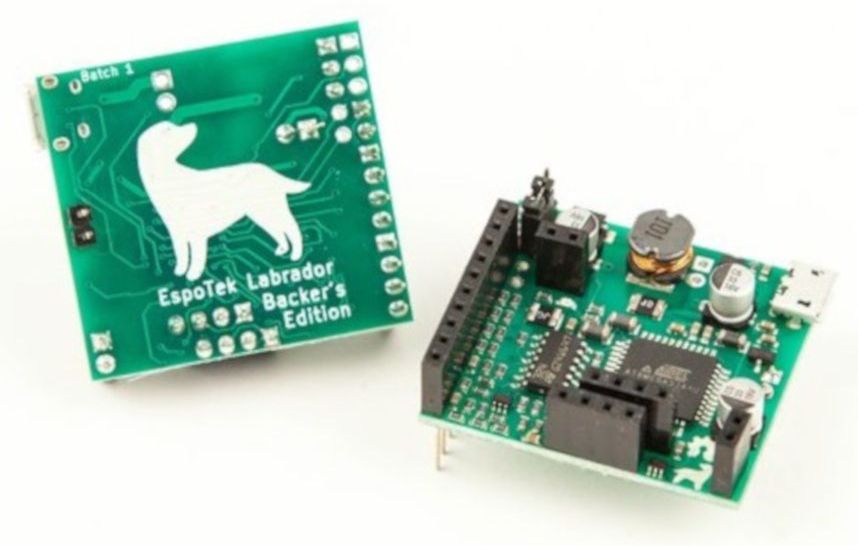Jun 10, 2019
AI software reveals the inner workings of short-term memory
Posted by Quinn Sena in categories: biological, neuroscience, robotics/AI
Research by neuroscientists at the University of Chicago shows how short-term, working memory uses networks of neurons differently depending on the complexity of the task at hand.
The researchers used modern artificial intelligence (AI) techniques to train computational neural networks to solve a range of complex behavioral tasks that required storing information in short term memory. The AI networks were based on the biological structure of the brain and revealed two distinct processes involved in short-term memory. One, a “silent” process where the brain stores short-term memories without ongoing neural activity, and a second, more active process where circuits of neurons fire continuously.
The study, led by Nicholas Masse, Ph.D., a senior scientist at UChicago, and senior author David Freedman, Ph.D., professor of neurobiology, was published this week in Nature Neuroscience.
Continue reading “AI software reveals the inner workings of short-term memory” »


















